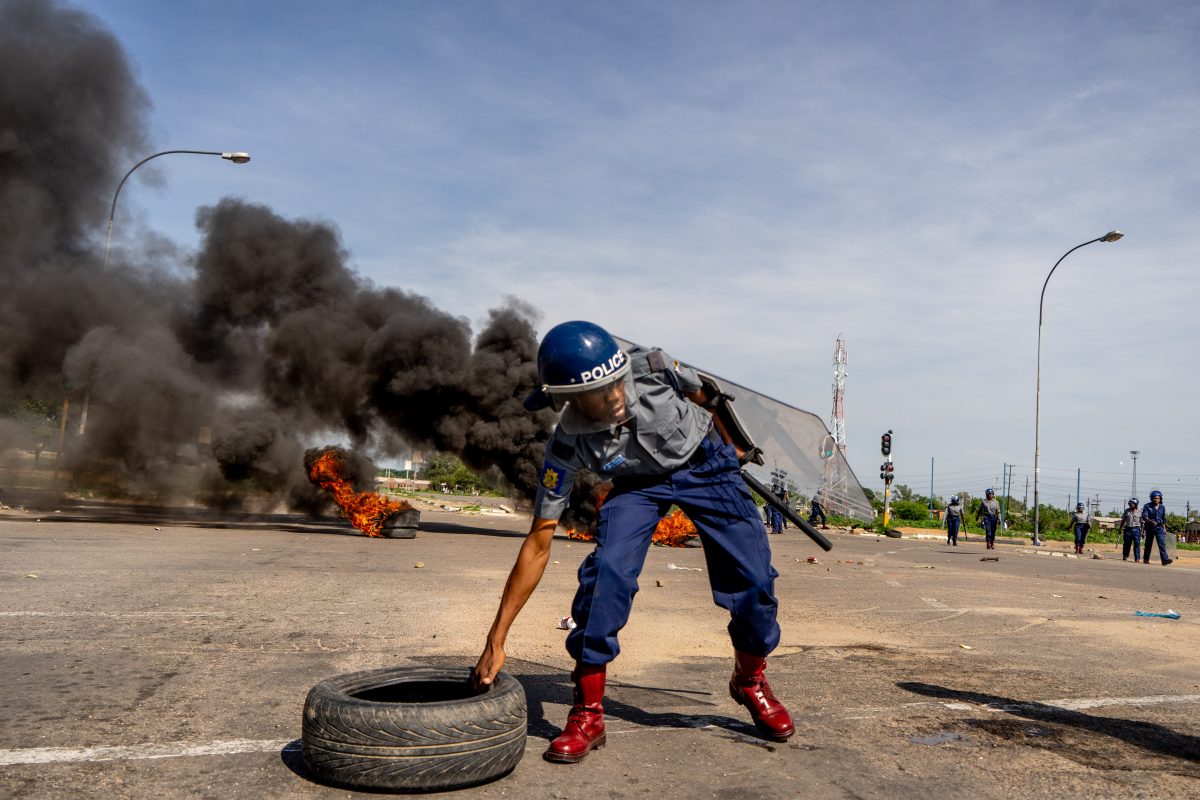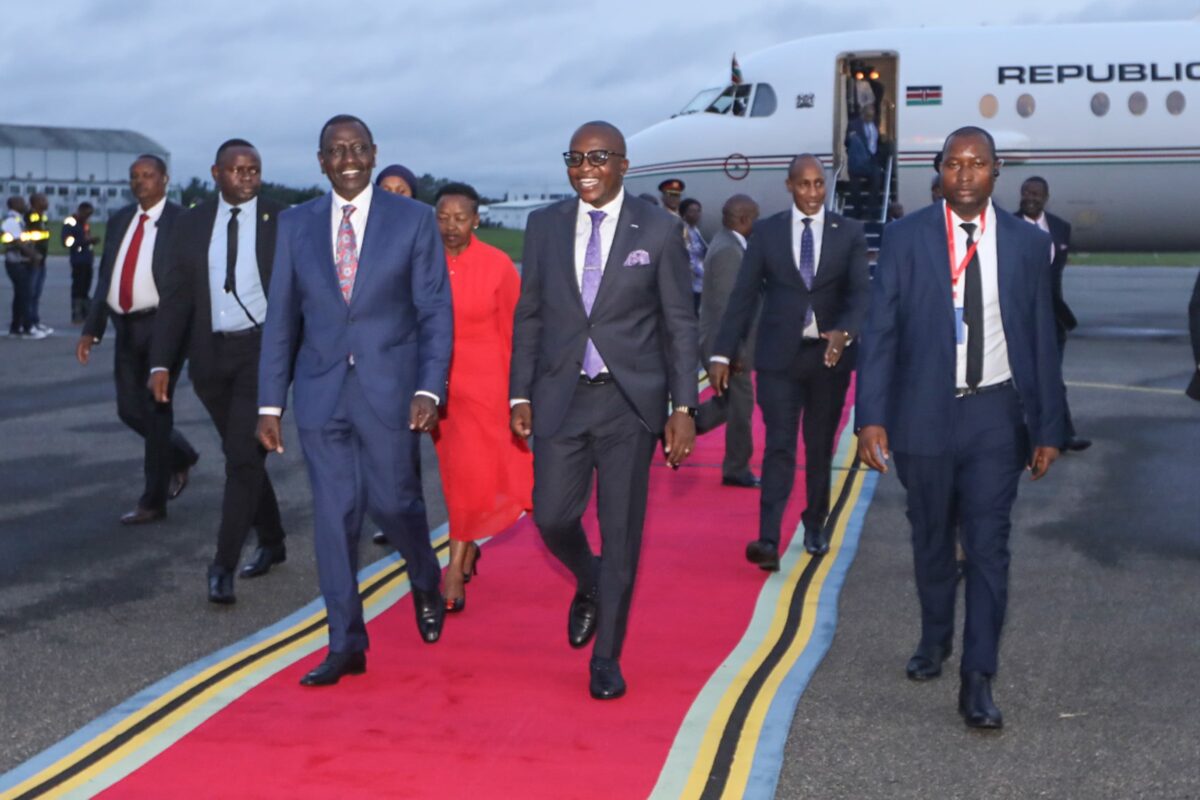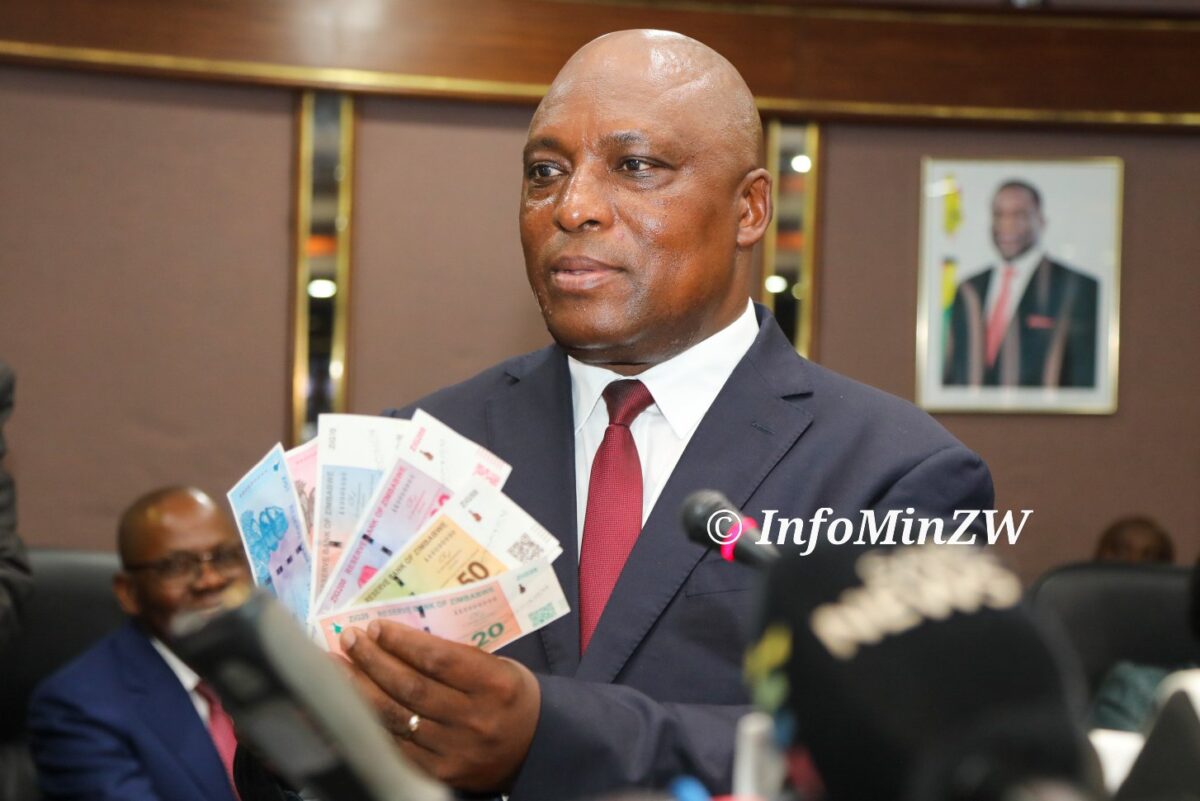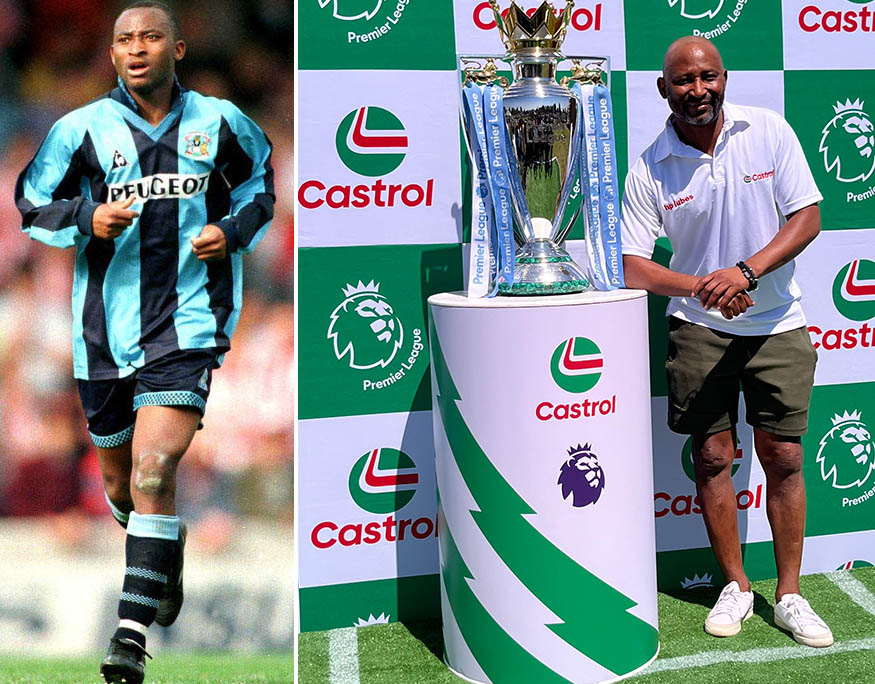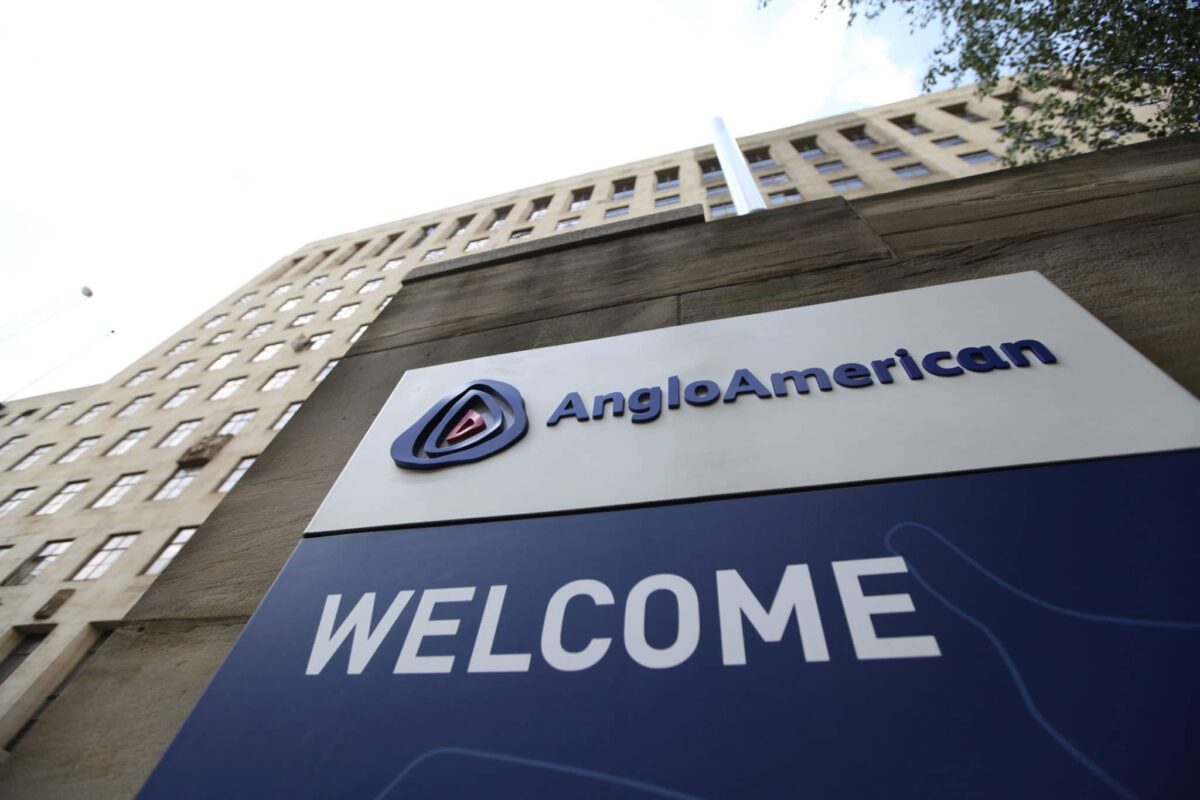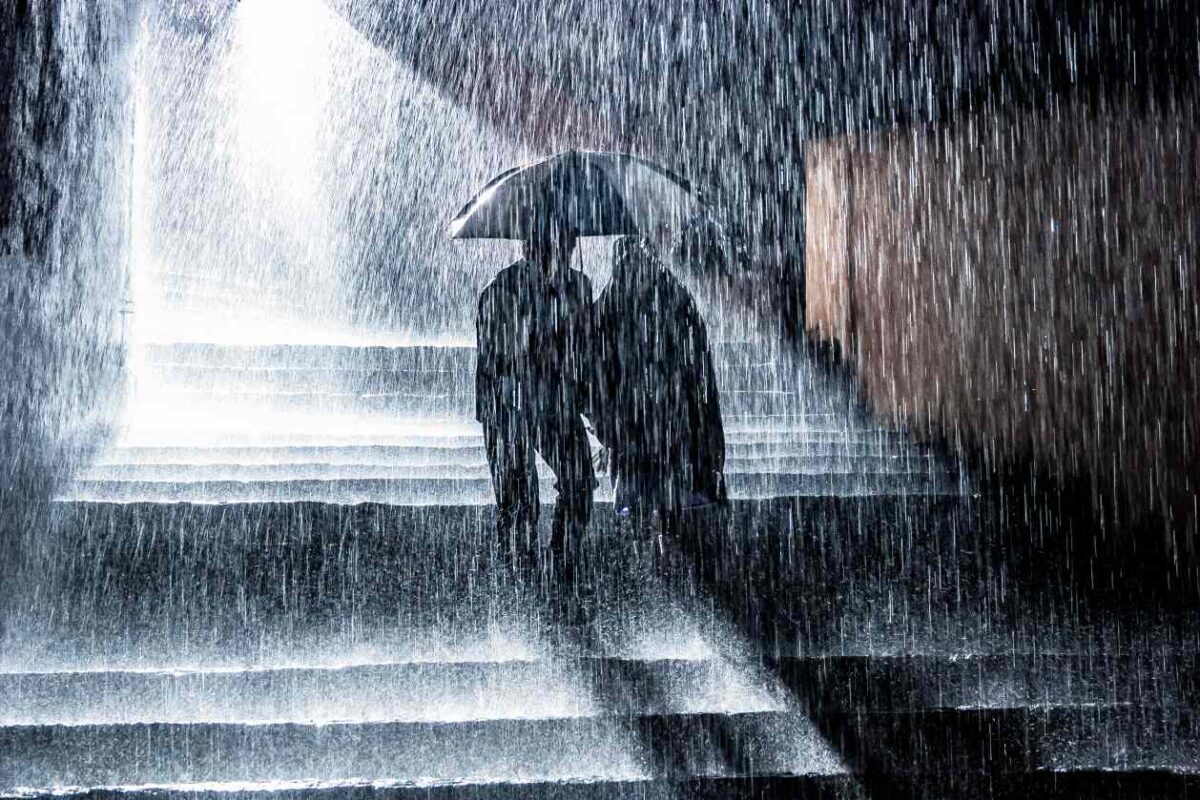HARARE – Authorities in Zimbabwe blocked social media access on Tuesday, a day after protests against steep fuel price increases left at least five people dead.
Many Zimbabweans woke up without internet connectivity to Twitter, WhatsApp and Facebook. Those who had said they had downloaded software to bypass government censorship.
The government also appeared to have blocked access to the Twitter account of rights activist Evan Mawarire, according to data analysed from the Open Observatory of Network Interference app.
“The telecom systems have been jammed. We don’t have the equipment to do it – so you can guess who did it,” the employee at a Zimbabwe mobile service provider in Harare told AFP on condition of anonymity.
After Monday’s street clashes between protesters and the police backed by the military, streets in urban centres were largely deserted on Tuesday, the second day of a three-day job “stay-away” called by the Zimbabwe Congress of Trade Unions (ZCTU).
The social media blackout appeared aimed at stopping Zimbabweans from mobilising against the government, or sharing pictures of a military clampdown that rights groups say was launched overnight, said Dewa Mavhinga of Human Rights Watch.
On Twitter and Facebook, Zimbabweans were sharing ways to circumvent the blackout by sharing details of how to download a Virtual Private Network (VPN). But those in Zimbabwe may only access this information once the blackout is lifted.
The Zimbabwe Lawyers for Human Rights (ZHLR), in a statement on Tuesday, said police and soldiers had carried out “door-to-door raids” in the high-density neighbourhood of Mabvuku in Harare.
“During these raids, uniformed members of the police and the army forced entry into homes by breaking doors and windows. Having gained access, they proceeded to randomly assault some occupants and in some instances forced residents out of their homes,” the ZHLR said.
Some of those targeted were residents living close to road sections where barricades had been installed by protesters earlier in the day.
“Of concern is the involvement of soldiers in these illegal acts, who are actively participating in the torture, cruel and inhuman treatment of residents, thereby violating section 53 of the Constitution,” the lawyers added.
Using the @OpenObservatory app. It now seems like @ZOLconnect and @NetOneCellular have totally blocked #WhatsApp & #Twitter and interestingly @PastorEvanLive account.#shutdownZimbabwe #Zimbabwe #KeepItOn pic.twitter.com/xsxffvPGZg
— Tawanda Mugari (@tawmug) January 15, 2019
State Security Minister Owen Ncube said 200 people had been arrested.
Doctors said they had treated 23 people with gunshot wounds, while confirming that at least five people had succumbed to their injuries.
Mnangagwa, on a three-day visit to Russia, has faced calls to return home.
“Zimbabwe is going through both political and economic reforms and these do not come easily. It will take time for things to settle and results to be shown,” Mnangagwa told reporters in Moscow at the start of a five-nation foreign trip.
“In normal circumstances the president should have cancelled the trip or booked a flight back home to deal with a very urgent situation, but it could be that he has absolute confidence that his deputy is in charge,” said Eldred Masunungure, a political science lecturer at the University of Zimbabwe.
